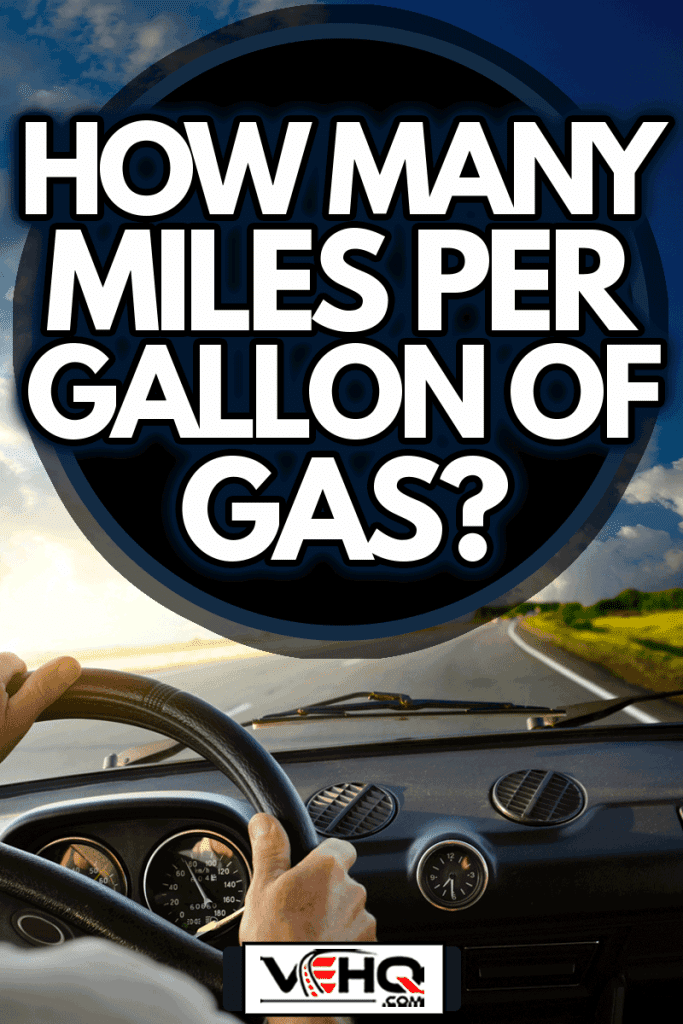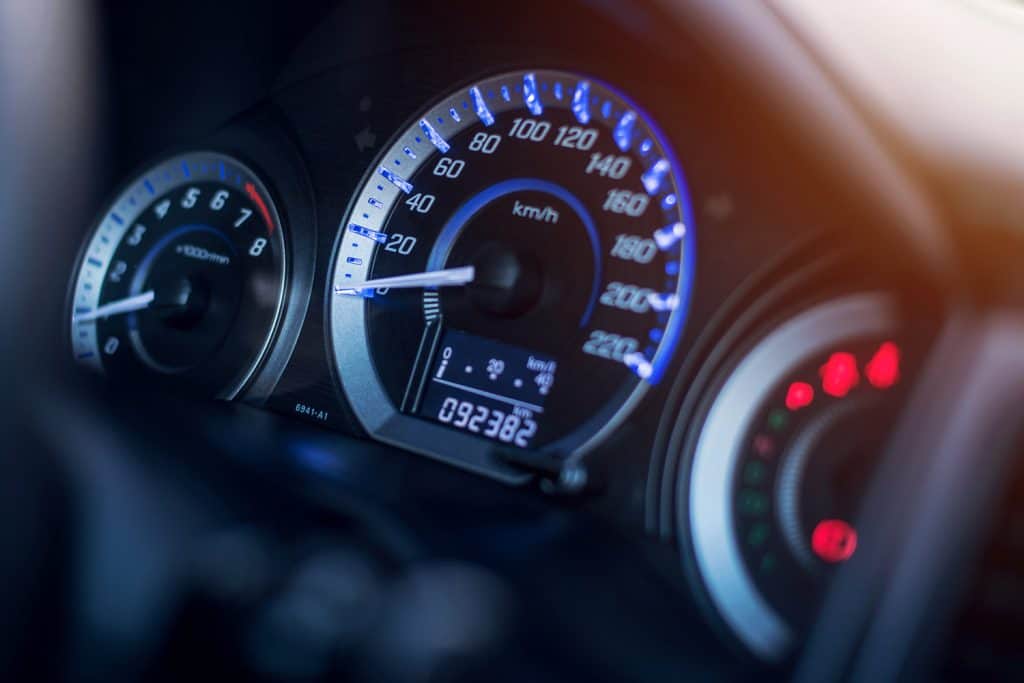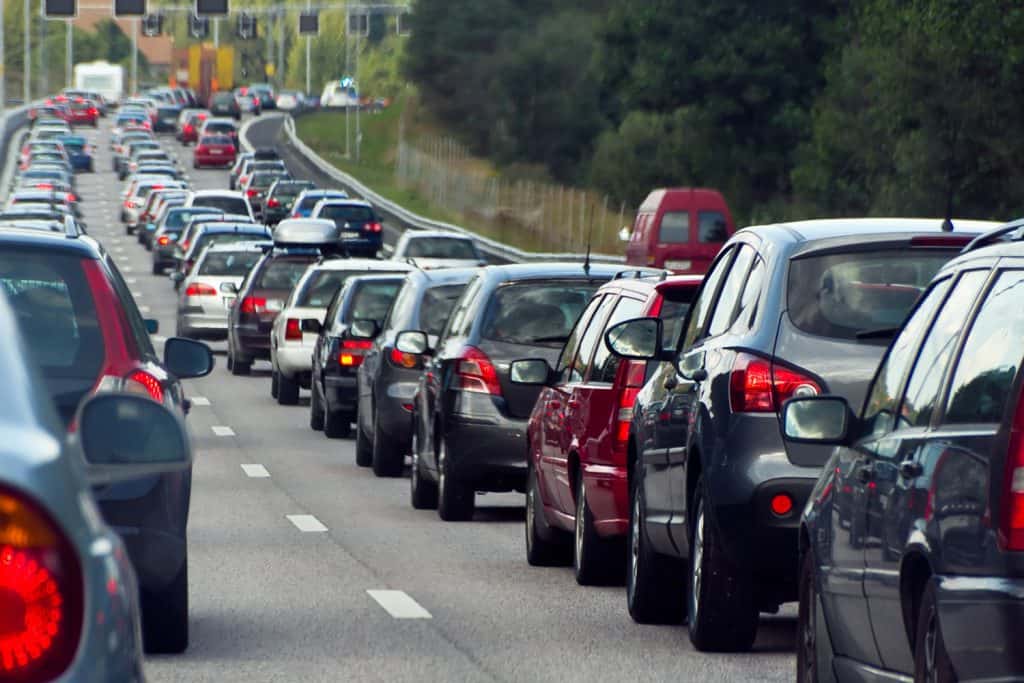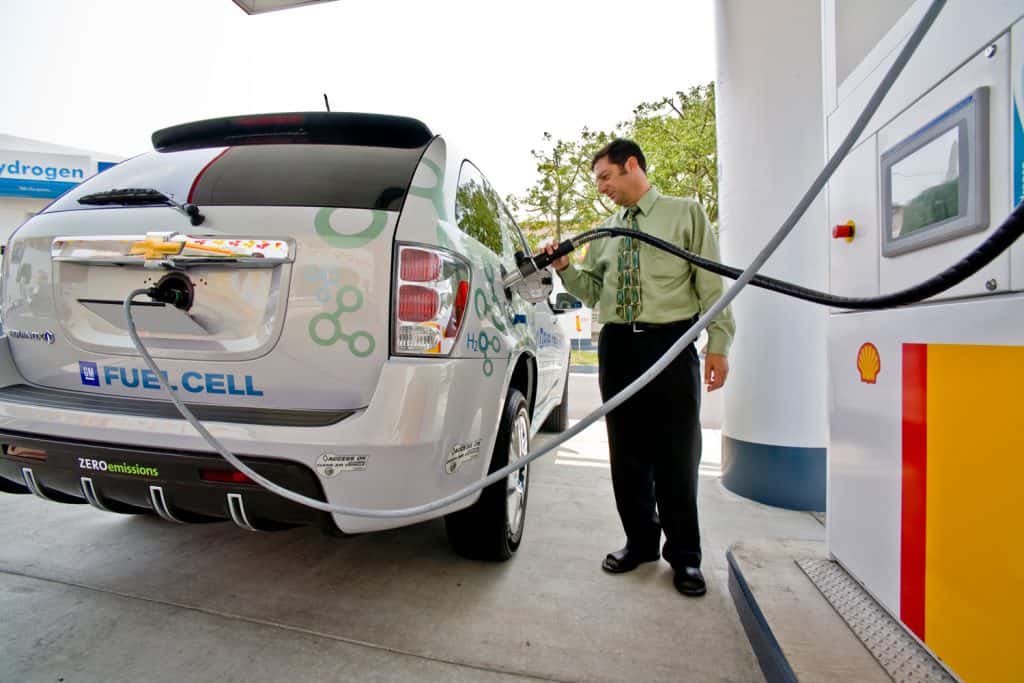We all know that gas prices are constantly fluctuating, and it seems every time we go to fill up our tank, the price goes up again. But have you ever stopped to wonder how many miles per gallon of gas your car gets?
2020 Model vehicles, including cars, SUVs and light trucks, have an average of 25 miles per gallon.
Some vehicles can have mileage up to around 60 miles per gallon. There are a lot of factors that can affect your gas mileage.
This blog post will discuss how to calculate your car's MPG and what factors affect it. We will also provide some tips on how to improve your MPG. If you're interested in learning more, keep reading!

What Is Gas Mileage?

Miles per gallon (MPG) is a unit of measurement used to calculate how many miles a car can travel on a gallon of gasoline.
This calculation is essential for drivers because it helps them budget their fuel expenses and plan trips accordingly.
How to Calculate Your Car's Gas Mileage?
Whether you're trying to be more eco-friendly or just save some money on gas, a great place to start is to calculate your car's MPG.
This will tell you how many miles your car gets per each gallon so you can see how much gas it's using.
There are a few different ways to calculate this, but the most accurate way is to fill up your gas tank, reset the odometer, and then drive until it's empty again.
Once you've driven until the tank is empty, simply divide the number on the odometer by how many gallons you put in the tank.
This will give you your car's MPG for that particular trip. You can also keep track of your average MPG over time by keeping a running total of the miles driven and gallons used.
This can be a helpful way to see if you're making any progress in terms of saving gas.
How Is an Electric Car MPG Computed?
The MPG of an electric car (MPGe) is computed with the same formula as mentioned above. The only differences that MPGe ratings are determined by using the precise amount of energy that's equal to the energy of one gallon of gasoline.
The Cost of Gasoline Over Time
The average gas mileage of cars has been on the rise in recent years.
In part, this is due to stricter fuel efficiency standards that have been put in place by the government. However, it is also thanks to advances in engine technology and the growing popularity of hybrid and electric vehicles.
As a result, the average driver now has a much wider range of options when it comes to choosing a fuel-efficient car.
While the initial cost of these vehicles may be higher, they can save a considerable amount of money over the long run.
With gas prices remaining relatively high, it is clear that fuel efficiency will continue to be an important consideration for drivers around the world.
What Factors Affect Your MPG

It turns out that there are a lot of factors that can affect your gas mileage, including what you drive, how you drive, and even the weather.
If you want to get the most bang for your buck at the pump, it's important to understand how these factors can affect your gas mileage.
The type of car you drive is one of the biggest factors in determining how many miles per gallon of gas you'll get.
Smaller cars tend to be more fuel-efficient than larger ones, and cars with four-cylinder engines tend to do better than those with six- or eight-cylinder engines.
If you're in the market for a new car, doing your research to find the most fuel-efficient option can save you a lot of money in the long run.
The way you drive can also have an impact on your gas mileage. speeding and rapid acceleration can cause your engine to use more fuel than it would if you were driving at a
How Many Miles Does the Average Person Drive a Year?

The average person drove 14,623 miles per year in 2019 according to the United States Department of Transportation Federal Highway Administration.
On the other hand, the Department of Transport said that the average annual mile was 13,476 in 2018.
How to Improve Your Car's MPG
There are a few steps you can take to improve your car's fuel economy:
- Avoid excessive idling. If you're going to be stopped for more than a minute or two, it's best to turn off your engine.
- Keep your tires properly inflated. This can help you save gas and money on tire wear.
- Try to avoid excessive acceleration and braking. Both of these can lower your MPG.
- Keep your speed steady and within the speed limit. Drive conservatively.
- Leave heavy objects at home if not needed. Every 100 pounds can reduce your car's mileage by up to 1%.
- Use cruise control when appropriate.
- Replace spark plugs. They can decrease your car's fuel economy in cases of misfired spark plugs.
Tips for Conserving Gas

With gas prices remaining relatively high, it is clear that fuel efficiency will continue to be an important consideration for drivers around the world. Here are a few tips to help you conserve gas and save money:
- Try to carpool or use public transportation when possible.
- Start the engine and then drive the car normally to efficiently warm the engine to operating temperature.
- Plan your trips ahead of time so you can avoid making unnecessary stops.
- Combine errands into one trip instead of making several shorter trips.
- Avoid excessive idling by turning off your engine when you're stopped for more than a minute or two.
- Don't speed or accelerate too rapidly, as both can lower your MPG.
- Perform regular maintenance.
- Fill your tank when it's coolest outside, usually early in the morning or late at night. This may even help you get more from your gas money.
By following this advice, you can save money on gas and do your part to help the environment.
What Car Is Best for Fuel Efficiency?

When it comes to fuel efficiency, not all cars are created equal. Smaller cars tend to get better gas mileage than larger ones, and sedans typically have better mileage than SUVs.
In general, manual transmissions are more fuel-efficient than automatics, and four-cylinder engines tend to be more efficient than six- or eight-cylinder models.
Here is a list of some of the most fuel-efficient vehicles by car type:
Most Fuel-Efficient Hatchbacks
- Toyota Prius Prime: 133 MPG
- Tesla Model 3 Long Range: 130 MPG
- Hyundai Kona Electric Limited: 120 MPG
- Chevrolet BOLT 2LT: 120 MPG
- Chevrolet Bold EUV Premier: 115 MPG
- Kia Niro Electric EX Premium: 112 MPG
- Nissan Leaf SL Plus: 104 MPG
Most Fuel-Efficient Subcompact Cars
- Mitsubishi Mirage ES: 37 MPG
- Chevrolet Spark LT: 33 MPG
- Kia Rio S: 33 MPG
- Hyundai Accent SEL: 33 MPG
Most Fuel-Efficient Compact Cars
- Hyundai Elantra Hybrid Blue: 48 MPG
- Toyota Corolla LE Hybrid: 48 MPG
- Toyota Corolla Hatchback SE: 36 MPG
Most Fuel-Efficient Sports Cars
- Mazda MX-5 Miata Club: 34 MPG
- Honda Civic Si: 32 MPG
- Mini Cooper S: 30 MPG
Most Fuel-Efficient Mid-sized Cars
- Honda Accord Hybrid EX: 47 MPG
- Toyota Camry Hybrid LE: 47 MPG
- Hyundai Sonata Hybrid SEL: 44 MPG
Most Fuel-Efficient Full-Size Sedans
- Toyota Avalon Hybrid XLE: 42 MPG
- Nissan Maxima: 25 MPG
Most Fuel-Efficient Luxury Vehicles
- Tesla Model 3 Long Range: 130 MPG
- Tesla Model S 100D: 102 MPG
- Polestar 2: 92 MPG
- Porsche Taycan 4S: 69 MPG
Most Fuel-Efficient Wagons
- Nissan Kicks SV: 32 MPG
- Hyundai Venue SEL: 32 MPG
- Toyota C-HR XLE: 29 MPG
- Kia Soul EX: 28 MPG
- Hyundai Elantra GT: 28 MPG
Most Fuel-Efficient Minivans
- Chrysler Pacifica Hybrid:84 MPG
- Toyota Sienna XLE: 36 MPG
- Honda Odyssey EX-L: 22 MPG
Most Fuel-Efficient Pickups
- Hyundai Santa Cruz SEL Premium: 24 MPG
- Chevrolet Colorado LT Diesel: 24 MPG
- Chevrolet Silverado 1500 LT Diesel: 23 MPG
- Ram 1500 Big Horn Diesel: 23 MPG
Final Thoughts
It's essential to know your car's MPG. We hope you found this blog post helpful. These pieces of information can help you save money on gas and make more environmentally conscious decisions.
Also, don't forget to share this with someone who might want to know more about MPG.
If you're still here, you may read these articles to know more:
How Big Is My Fuel Tank? [3 Ways To Determine Its Size]
What's a Good Mileage for a Used Car? [12K Miles Rule Explained]
